Mary Nnah
As Nigeria wrestles with high inflation, shifting FX policies, and fragile investor sentiment, Lagos played host to a conversation that confronted the hard questions behind Africa’s economic story. Asking a critical question: what will the next five years mean for those building and investing in Nigeria?
The Star Network Podcast and HoaQ, recently, convened an intimate roundtable titled, “Macros of Africa’s Largest Economy: Investing in Nigeria Over the Next Five Years” at the Anthonia Hall by The Civic Centre, Ikoyi Lagos. The event held in partnership with Mainstack brought together policymakers, founders and investors to discuss the macro realities shaping African markets.
Moderated by Joe Kinvi, Founder, Borderless & Co-founder, HoaQ and Zephia Ovia-Ikem, Founder, The Star Network, the discussion featured Francis Sani, Technical Adviser to the Minister of Communications, Innovation and Digital Economy; Efe Barber, Special Adviser to the Minister of Industry, Trade and Investment; Michael Famoroti, Founder, Stears; Rolake Rosiji Kayantao, Africa Regional Director, Seedstars and Emeka Ajene, Founder, AfriDigest.
Beneath the optimism ran a sober theme, that sustainable growth depends not just on good policy, but on the ability of the Government and businesses to work hand in hand to produce, trade and create value at scale.
“We can’t keep reacting to crises; we need to build systems that anticipate them,” said Francis Sani, Technical Adviser to the Minister of Communications, Innovation and Digital Economy. For him, innovation remains Nigeria’s fastest path to growth but only if organizations create the kind of value that keeps talent at home. “Job creation doesn’t stop at training people,” he said. “It’s about building companies that make talent want to stay and thrive here.”
Adding to this, Zephia Ovia-Ikem emphasized “Both the private and public sectors must work together to retain talent. Strong company cultures that value people and support growth create the cushion needed to withstand external shocks.”
Efe Barber linked Nigeria’s macro outlook directly to how it positions itself in global trade. “Whether the naira appreciates or not depends on how intentionally we position our exports,” she said. “It’s about building the right bilateral relationships, creating an enabling environment for trade and telling our own story better.”
She added that the government’s work on connecting production hubs and advancing digital trade is part of a broader strategy to reduce import dependency and move Nigeria closer to a $1 trillion economy. “Made in Nigeria isn’t just a slogan,” Barber noted. “It’s part of how we lead across markets from production to perception.”
From the financial side, Michael Famoroti grounded the conversation in data. “The market today is brutal, but what matters is the trend,” he said. “In 18 to 26 months, we’ll start to see demand rebound, the data already points that way.”
Using Stears’ insights, he noted that “investors are increasingly paying for credibility, not just yield,” referencing that portfolio inflows into Nigeria dropped roughly 35% year-on-year, while markets with stronger policy signals saw steadier capital inflows.
The question of the naira’s future sparked spirited debate. Famoroti described it as undervalued but likely to depreciate in the short term, while Rolake Rosiji Kayantao offered a counterpoint: “Contrary to expectations, recent export growth tells a different story, the naira could strengthen if we sustain this momentum.”
Kayantao also challenged policymakers to help unlock domestic private capital. “Nigeria has only raised about a quarter of the capital it could be generating locally,” she said. “We need government-led mechanisms that de-risk local funds. In the UK, the SEIS model encourages investors to take bigger bets because the government shares part of the risk. We need similar systems here.”
The conversation also examined how narratives influence investor confidence and how culture can become an economic export.
Emeka Ajene, Founder of AfriDigest pointed out that Nigeria already leads the continent in soft power from music to fashion to entertainment but hasn’t yet converted that influence into scalable economic value. “Nigeria is already attractive,” Ajene noted. “The question is how we turn culture into commerce and how we export business the same way we export music.”
Sani echoed the importance of national alignment, urging founders and citizens alike to see value beyond self-interest. “There’s such a gap between our identity as citizens and that of the nation,” he said. “The green pastures we seek are here, if we build with integrity and invest in our own systems.”
The audience, a cross-section of founders, investors, operators, entrepreneurs and creatives from across Africa made the discussion even richer. Their questions pressed for actionable insight: How should early-stage investors hedge FX risk? What will it take to make manufacturing scalable again? Where should Africa’s next billion dollars of private capital go?
Moderators Joe Kinvi and Zephia Ovia-Ikem kept the discussion grounded in the realities of those questions. “These conversations matter,” Kinvi said, “because Africa’s prosperity will be built by those who stay, invest and create even when it’s hard.”
The evening ended with a private mixer, where the debate spilled into deeper exchanges, a reminder that the continent’s biggest opportunities often begin with intimate, candid dialogue.
Across the two-hour discussion, it became clear that Africa’s economic future will hinge on integrity, value creation and collaboration.




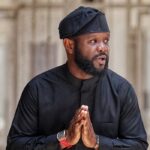

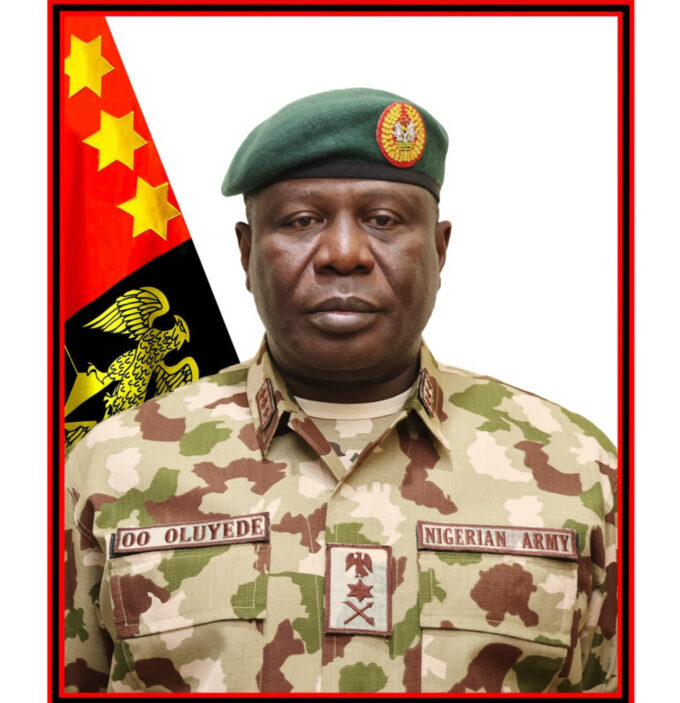

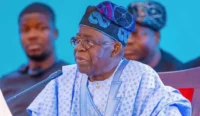

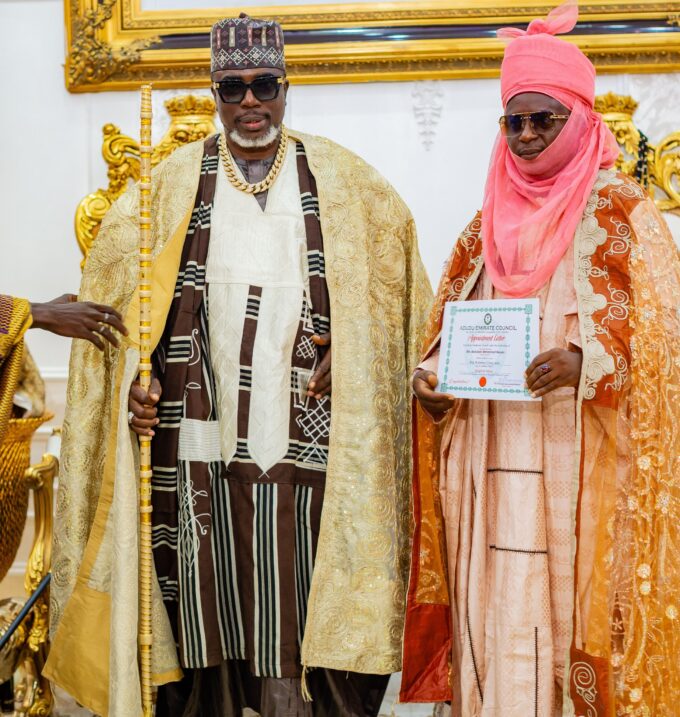
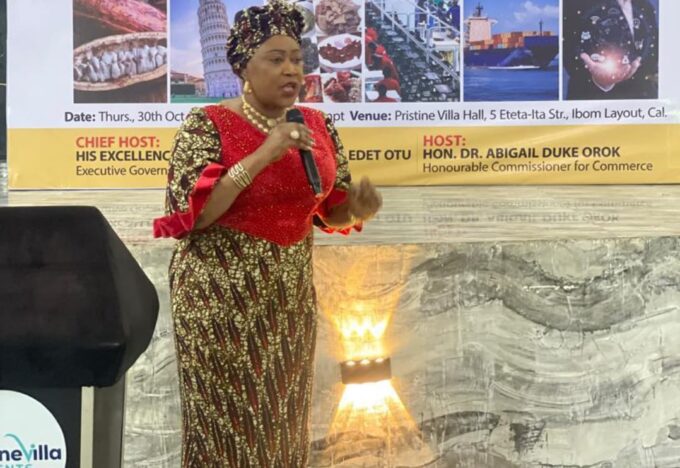
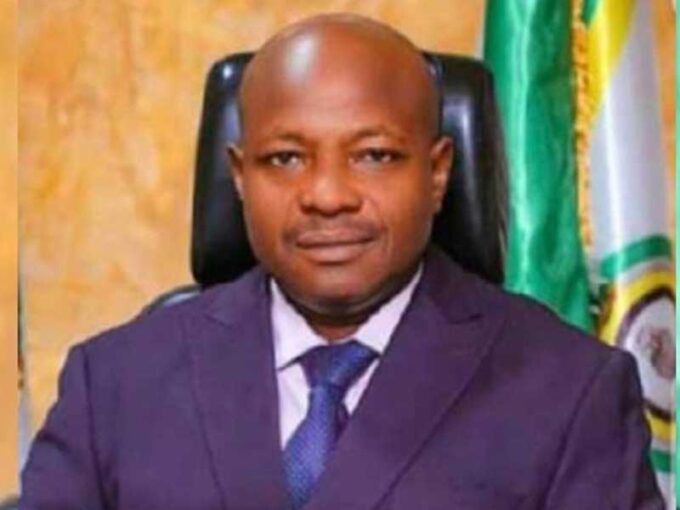


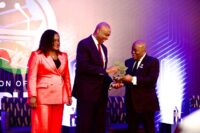

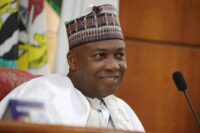
Leave a comment